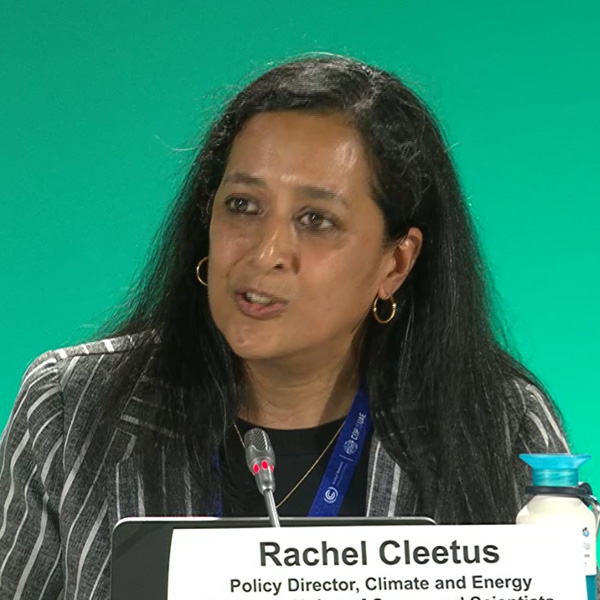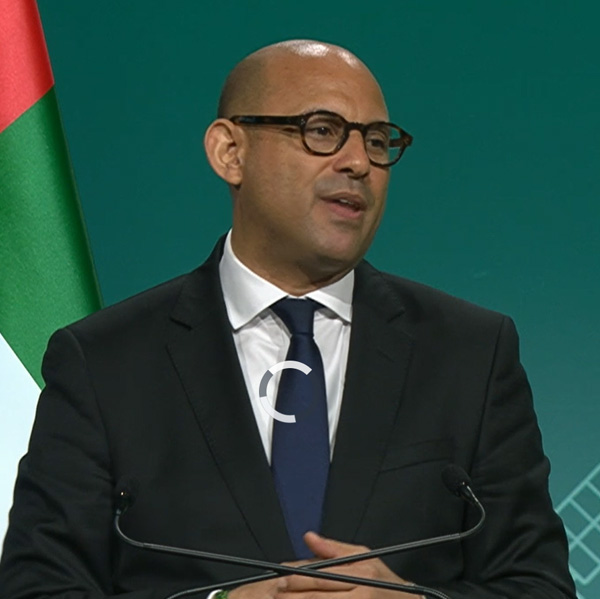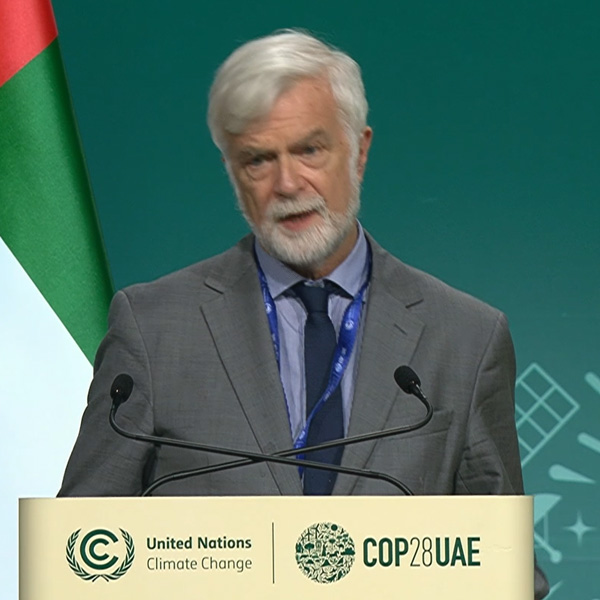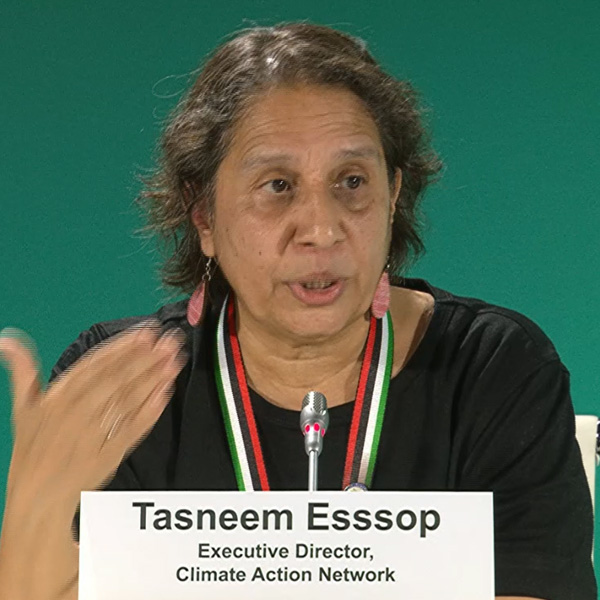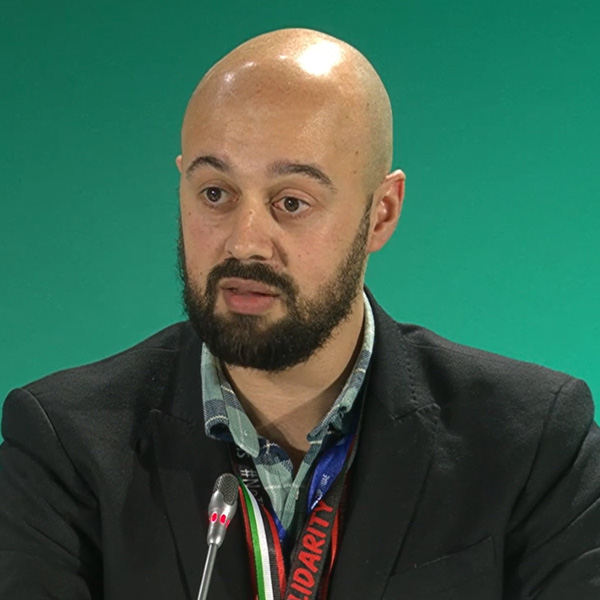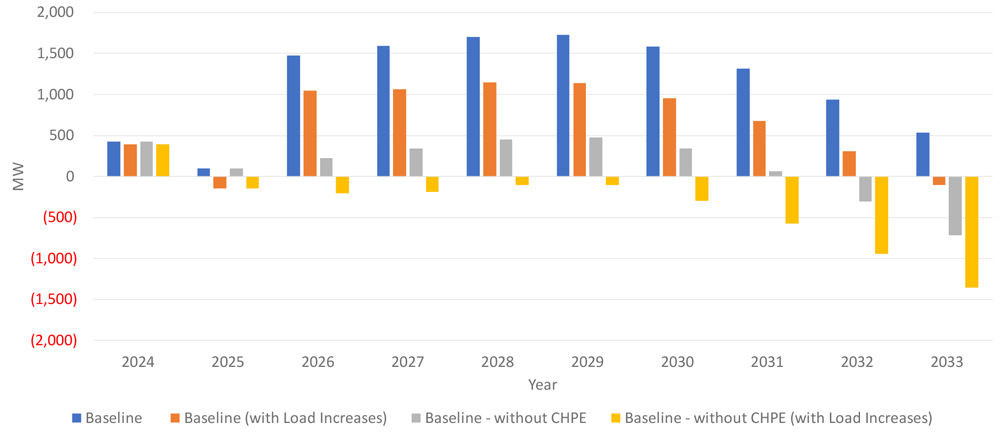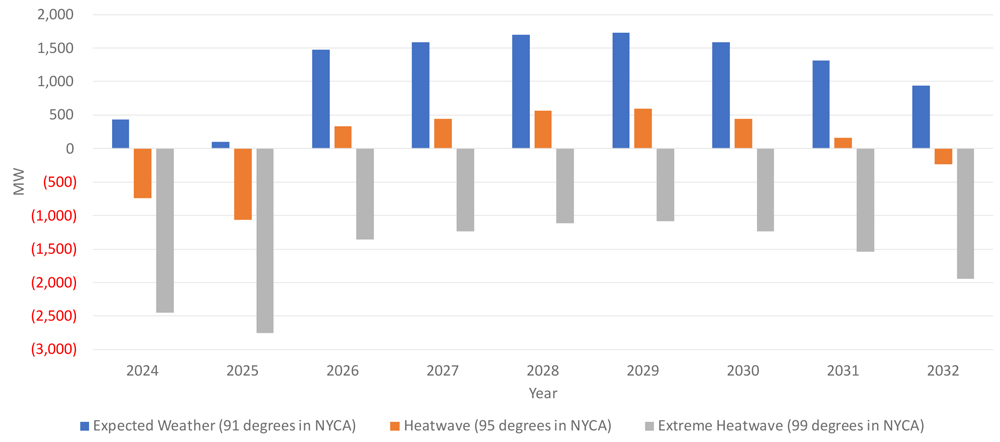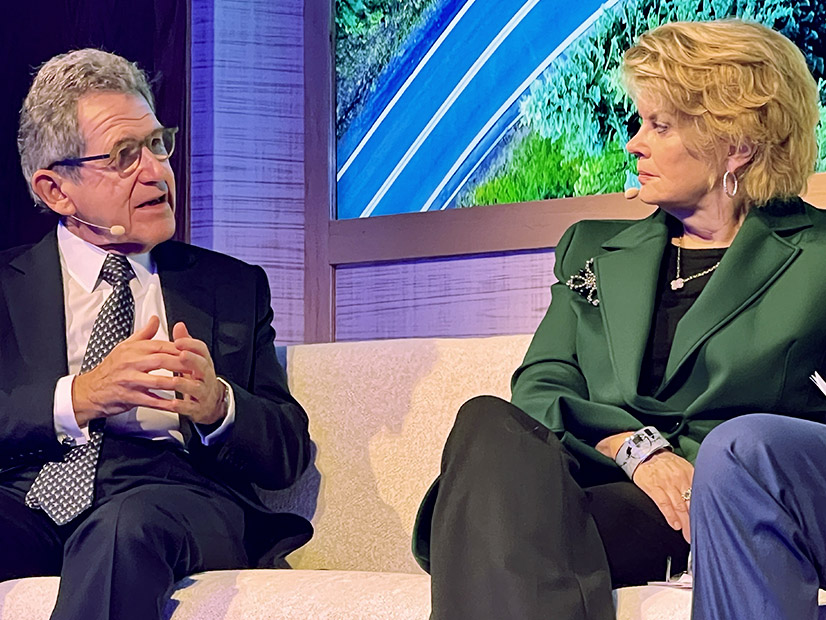A recently retired Washington State Department of Transportation (WSDOT) economist has filed a claim against the state alleging he was ordered not to include cap-and-trade costs in an early 2023 revenue forecast, leading to him to leave his position with the agency.
But Washington officials have quickly contested the allegations in the complaint, saying the staffer had only a limited role in developing the forecasts.
Represented by the Citizen Action Defense Fund (CADF), Scott Smith filed a claim Nov. 30 against the Transportation Department, the state’s Office of Financial Management (OFM) and the governor’s office seeking $750,000 in lost income because he felt pressured to leave the agency before he was ready to retire. A claim must be filed 60 days prior to the filing of a lawsuit seeking damages from the state. CADF is a conservative organization that opposes Washington’s cap-and-trade program.
CADF in January filed a lawsuit in Thurston County Superior Court arguing the Washington Legislature violated the state constitution by cramming multiple subjects into its 2022 transportation bill, including tackling the nuts and bolts of the cap-and-trade program. The judge in that case rejected the suit and CADF is appealing the ruling to the state Supreme Court. (See Wash. Judge Rejects Cap-and-trade Lawsuit.)
In Thursday’s complaint, CADF said Smith worked as WSDOT’s gasoline tax revenue and price forecaster for at least five years, following decades in a similar role with the New Mexico government.
The complaint alleges that when Smith prepared his gas revenue and price forecasts at the beginning of 2023 for WSDOT’s revenue forecast council, he calculated that the cap-and-trade program — which went into effect on Jan. 1, 2023 — would have significant effects on gas prices and gas tax revenue. The complaint alleges that WSDOT and OFM told him to remove those calculations from his forecast.
“He was approached by a supervisor and told not to include what the impacts of cap-and trade will be. … They were asking him to lie, and he wouldn’t do that,” Jackson Maynard, CADF’s executive director, said in an interview.
Maynard and the complaint contend that Smith was told for the first time that he would need OFM approval on future calculations, that he was denied a promotion and that he was denied leave to see his sick mother — alleging retaliation. Smith recently retired because of what he perceived to be hostilities toward him, Maynard said.
“It’s very disturbing to hear that executive agencies under the governor’s oversight are pushing staff to misrepresent facts and figures,” state Senate Minority Leader John Braun (R) said in a press release. “This is especially upsetting if it was done to hide the full impact of the governor’s [cap-and-trade program] and manipulate the people of Washington into accepting the spike in gas prices without knowing the true cause. The projections by the state employee who is at the center of this lawsuit have been proven to be correct — not because oil companies or gas station owners got greedy, but because the state of Washington did.”
‘Complex and Highly Variable’
The political controversy around the cap-and-trade program ramped up in June when Washington posted the highest gasoline prices in the nation. Republicans have seized on the development as a major political issue, while Democrats have defended the program.
Gov. Jay Inslee (D) is taking political heat because he said the cap-and-invest program would add “a few pennies” per gallon to gasoline prices when the Legislature approved the program in 2021 along party lines. Various analyses have shown numerous factors beyond the program are contributing to Washington’s high gas prices.
The program is on track to raise close to $2 billion in 2023, with most of the money going to mitigate the effects of climate change.
Inslee’s office first became aware of Smith’s complaint on Nov. 30, Inslee spokesperson Mike Faulk said in an email to NetZero Insider. The governor’s office receives its gasoline price and revenue information from the state’s Ecology Department and not from WSDOT, Faulk said.
“The Washington Legislature directed the Washington Department of Ecology to develop and implement the cap-and-invest program — not the Department of Transportation,” Ecology Department spokesperson Andrew Wineke said in an email. “Ecology used its own economists to conduct the regulatory analysis for the cap-and-invest program, with support from a respected independent economics firm. No one from the Department of Transportation provided input on that analysis.”
OFM spokesperson Hayden Mackley added that the transportation revenue forecasts are important in developing the state’s budget.
“It’s important that this complex work is completed by professional forecasters. We rely on staff in other agencies who have this expertise to fill this role.” Mackley said.
WSDOT spokesperson Kris Abrudan told NetZero Insider: “Transportation revenue forecasts are complex and highly variable. … Data integrity, transparency and consistency are integral to this process and any changes to that model to include incorporating [the cap-and-trade program] would be a much broader determination than any one employee or agency.”
In the evening on Dec.1, Faulk sent out an email to several news organizations, including NetZero Insider, saying the appropriate OFM official does not recall discussing this matter with Smith and does not recall declaring that Smith’s work needed to be reviewed by OFM.
The email also said:
-
- The Legislature eliminated Smith’s position last session, with his functions transferred to the state’s Economic Revenue Forecast Council. Therefore, his position was not eliminated by WSDOT.
- WSDOT was considering Smith’s request to be able to work remotely, but he did not complete the process for that decision-making.
- Smith’s request to take time off to be with his mother around Thanksgiving conflicted with a presentation that he was scheduled to give.
